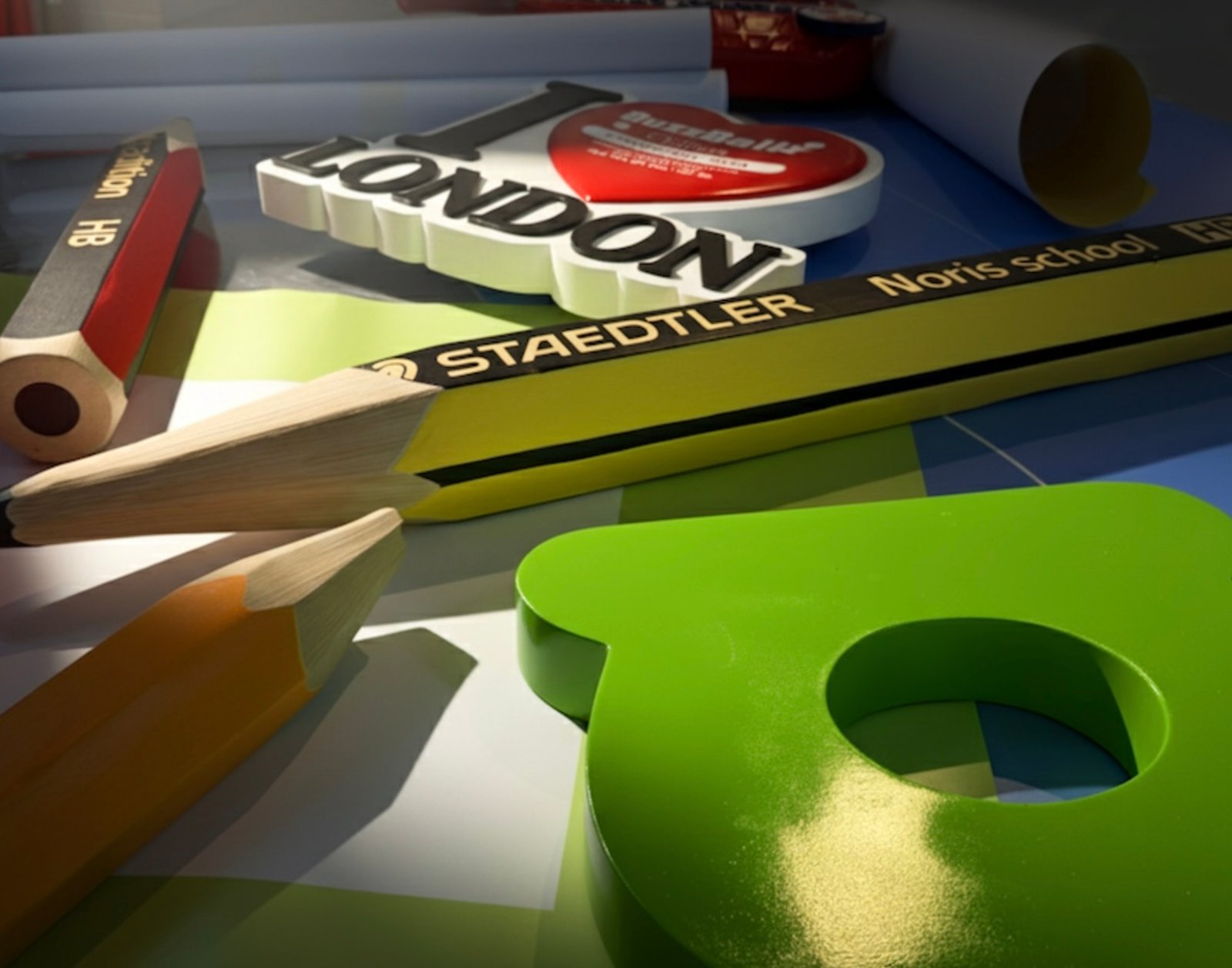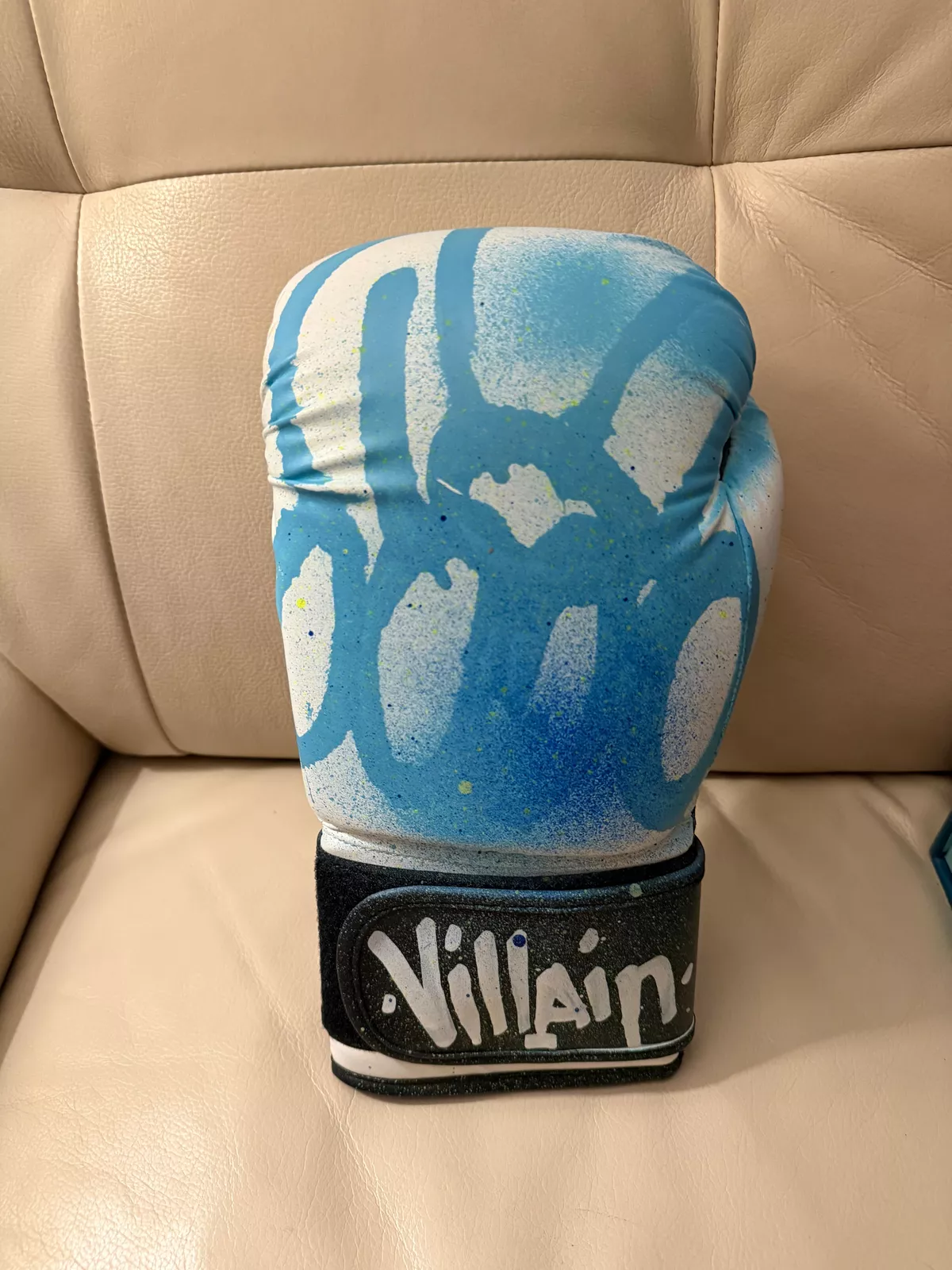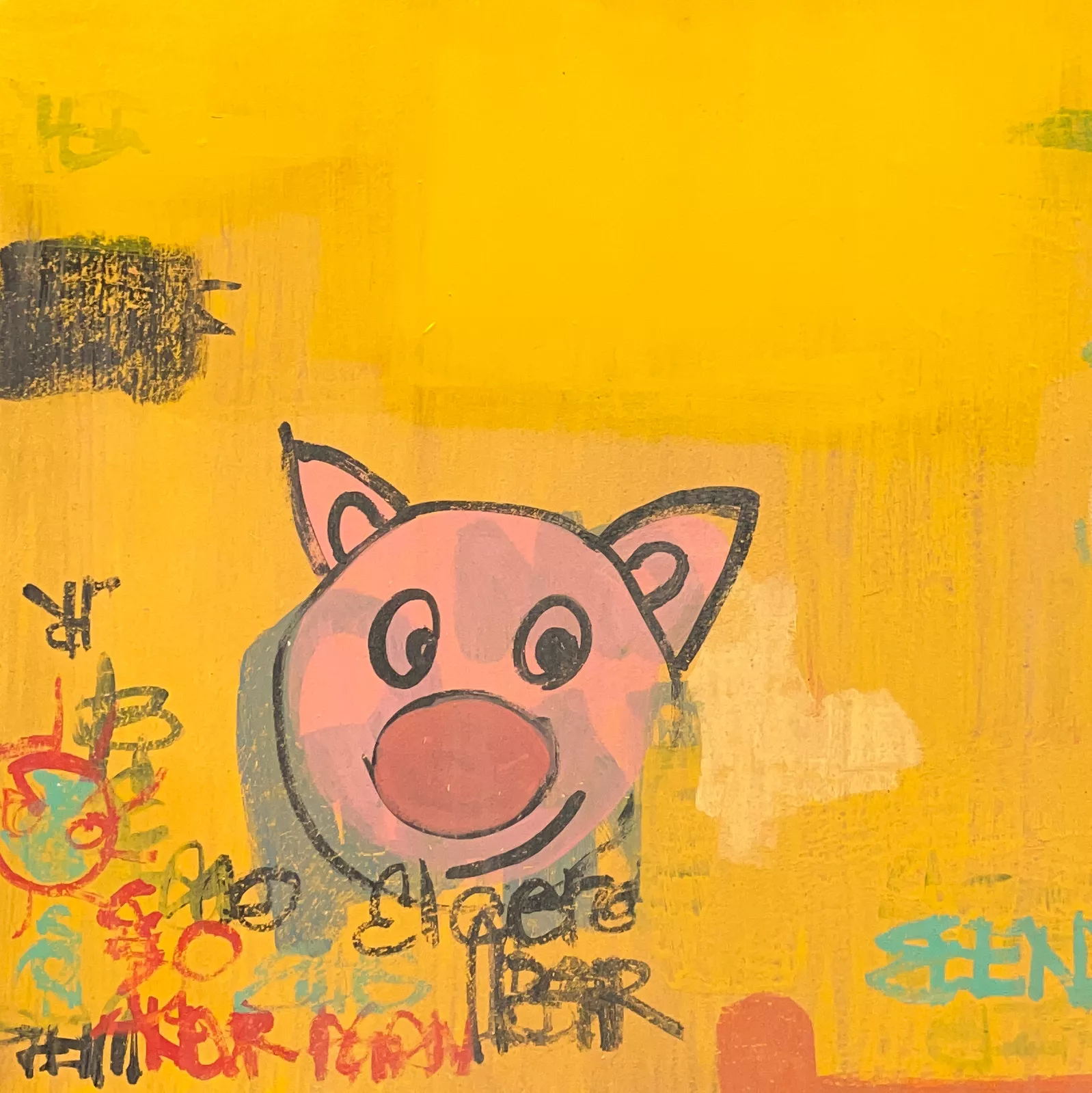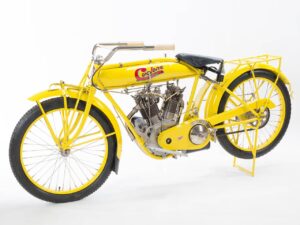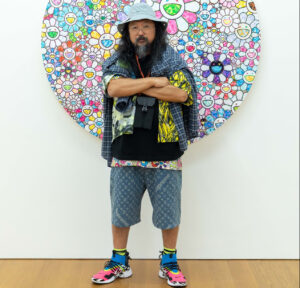Los Angeles-based artist Zoé Blue M. steps into the spotlight for her first solo exhibition at Jeffrey Deitch with Hard Boiled, a visually rich, thematically layered experience that turns the gallery into a surreal hybrid of bathhouse and ping pong parlor. It’s a show where the sound of paddles hitting rubber balls echoes through tiled corridors, where bodies blur into steam, and where intimacy and performance coexist in a dreamlike loop.
Known to many as a past featured artist in Juxtapoz, Zoé Blue M. has always had an eye for staging the mundane with the mystical. In Hard Boiled, she pushes this instinct further, pulling viewers into a carefully imagined setting she calls a takkyu onsen—her invented term that fuses “table tennis” (takkyu) with “hot spring bathhouse” (onsen). It’s not just a whimsical mash-up. It’s a cultural remix, a commentary on identity, a memory container, and a quietly rebellious act of feminist authorship.
THE SETTING: A BATHHOUSE REIMAGINED
Bathhouses in Japan—onsen (natural) and sentō (man-made)—have long served as communal spaces for hygiene, healing, and socializing. Their ornate architecture, mural-covered walls, and gender-divided pools are both functional and symbolic. In Hard Boiled, these visual and cultural cues are not only present—they’re restructured.
Zoé Blue M. draws on this tradition but reframes it through a deeply personal and diasporic lens. The result is an immersive installation that feels at once rooted in Japanese aesthetics and clearly authored from a unique, contemporary perspective. Columns of tiled panels and semi-transparent partitions create the spatial logic of a sentō, while her large-scale paintings and works on paper occupy the space like spiritual echoes—fragmented, contemplative, and deliberately open-ended.
PING PONG AS A VISUAL LANGUAGE
The second half of the show’s hybrid identity—ping pong—is more than just sport. It’s a personal connection for the artist, whose brother runs a real-life club and brand, Little Tokyo Table Tennis, in L.A.’s historic Japanese-American neighborhood. It’s also symbolic. In Hard Boiled, table tennis becomes a metaphor for negotiation, rhythm, confrontation, and self-reflection.
The bodies M. paints are sometimes mid-serve, other times lounging in the steam, drifting between tension and release. The recurring paddle and ball motifs take on ritualistic meaning. There’s a grace in their repetition, a discipline in the stance, and something undeniably poetic in the idea of a bathhouse that doubles as an arena.
“It’s not about competition,” M. has said. “It’s about the act of returning—returning the serve, returning to yourself, returning to the body.”
THE BODY AS SITE OF POWER AND VULNERABILITY
Throughout Hard Boiled, the female figure is a constant. Rendered in a style reminiscent of ukiyo-e woodblock prints, M.’s women have an intentional sameness. Their features blur into each other. At first glance, they appear interchangeable—but the deeper you look, the more distinct they become. In some frames, they sit alone in contemplation; in others, they face off across a table, eyes locked, posture poised.
This ambiguity isn’t accidental. It invites viewers to question who they’re seeing: different women? One woman at different points in time? Or maybe a layered self-portrait of femininity itself?
M. leans into the tension between exposure and interiority. Some figures are wrapped in towels, others are mid-undress, all inhabiting a space that historically allows for vulnerability but has often been exploited through a voyeuristic lens. She confronts that lens directly. Her figures know they’re being watched. Some meet our gaze, others look away. Some are caught in tender moments of self-care, others locked in competitive intensity.
This is where Hard Boiled most powerfully asserts its feminist voice. M. reclaims the bathhouse from the male gaze—not by erasing sensuality, but by reframing it. The bodies here are not passive. They’re intentional. They hold space, take up space, move through space on their own terms.
CONTEXTUALIZING THE GAZE
The cultural commentary runs deeper when you consider the way bathhouses have been depicted in Japanese anime and manga. Often, they’re scenes of exaggerated sexuality—comedic setups for peeping toms, clumsy accidents, or thinly veiled titillation. M. nods to these portrayals but then bends them out of shape, introducing discomfort and ambiguity.
She doesn’t sanitize the eroticism of the bathhouse, but she reframes it as something grounded in care, ritual, and autonomy. Her women are not caricatures. They exist in a layered reality where pleasure, confrontation, and relaxation coexist. In one painting, a woman soaks in a tub while gripping a paddle in one hand. In another, a moment of eye contact between players becomes a kind of emotional showdown.
The message is subtle but strong: femininity is not a monolith. It’s not always soft or submissive. It can be sweaty, serious, strategic. It can be strange. It can be hard boiled.
HARD BOILED: THE SYMBOL AND THE RITUAL
The exhibition title isn’t just a clever play on words. In both Japanese and Korean bathhouses, hard-boiled eggs are traditionally sold as snacks—cheap, protein-packed, and symbolic. They’re often consumed post-bath, part of a routine of nourishment and renewal.
But M. pushes the metaphor further. The egg becomes a stand-in for transformation—for what it means to be immersed in heat, to come out changed, hardened, still intact. In the world of Hard Boiled, everything is in hot water. The game, the body, the cultural dialogue.
A recurring sculptural motif in the show is the boiled egg itself, exaggerated and stylized—some cracked, some perfect. In one corner of the space, a shrine-like arrangement features eggs alongside slippers, paddles, and tiles, creating a kind of bathhouse altar. The message is clear: the mundane becomes sacred when you give it attention.
A PLAY OF TIME AND MEMORY
There’s a time-warping quality to Hard Boiled. The repetition of figures, the looping imagery, the echo of paddles in the audio installation—all contribute to a sense that we’re witnessing not a moment, but a cycle.
This cyclical structure mirrors the artist’s broader exploration of how identity is formed and re-formed over time. The table tennis game is ongoing. The bath is never truly finished. The women move through the space like memories re-surfacing. And just as in memory, the lines are blurred—between individuals, between moments, between what’s imagined and what’s lived.
In this way, the show becomes more than installation. It becomes performance. Not literal performance, but the performance of identity, of ritual, of confrontation and release. It asks: How do we hold ourselves in public spaces? How do we see each other when we’re stripped of roles, costumes, expectations?
AN EXHIBITION BUILT ON CONTRASTS
Hard Boiled thrives on contradiction: heat and coolness, tension and calm, sport and soak. Even the materials reflect this. Glossy tile textures sit against soft painted forms. Mirrors disrupt compositions. The space is both contained and fragmented, echoing the sensory disorientation of stepping into a hot bath after a long day.
M.’s color palette is subdued but rich—lavenders, ochres, seafoam greens, clay reds. These hues pull from bathhouse interiors, but also from the emotional range of the work: relaxation, pressure, care, friction. The linework is precise, even meticulous, yet the compositions feel loose and fluid.
It’s in this careful balance that M. proves her skill—not just as a painter or installation artist, but as a cultural narrator. She’s not interested in spectacle. She’s interested in resonance.
IMPRESSION
By the time you exit Hard Boiled, you’re not just thinking about table tennis or bathhouses. You’re thinking about your own rituals. Your own spaces of tension and release. The ways you perform your identity—and the places where you let it drop.
Zoé Blue M. doesn’t hand us easy interpretations. Instead, she gives us a room full of mirrors, steam, and subtle gestures. A ping pong serve that never quite lands. A body caught between ease and effort. A gaze that lingers without demanding.
And maybe that’s the point. Like the egg in hot water, we’re all being shaped by pressure, held together by memory, hardened but not closed. Hard Boiled is not a destination—it’s a process. One that M. captures with clarity, curiosity, and undeniable grace.
No comments yet.



